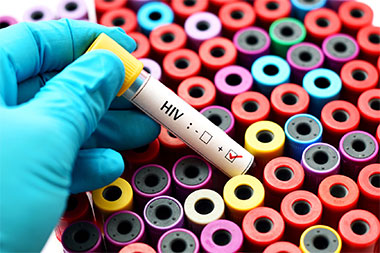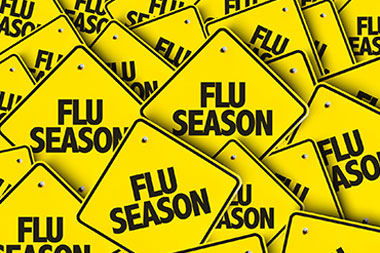More than 20,000 deaths in the United Sates were attributed specifically to Staph infections in 2018, according to new data from the Centers for Disease Control and Prevention. With resistance to antibiotics being a constant threat—especially in urgent care, where patients are more likely to turn when they wake up with a sore throat—the Urgent Care Association jumped on this issue by forging partnerships to spread awareness of the dangers and educate both clinicians and …
Read More









